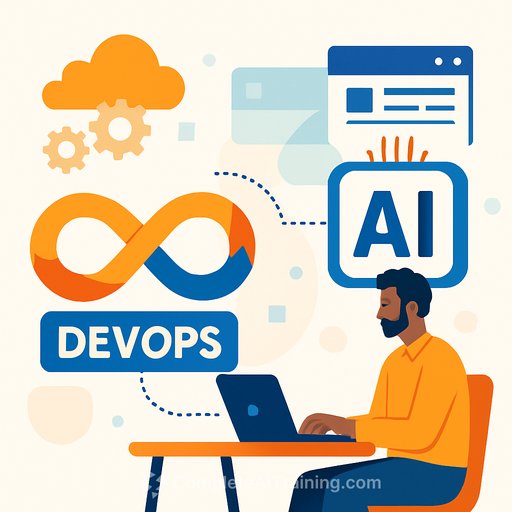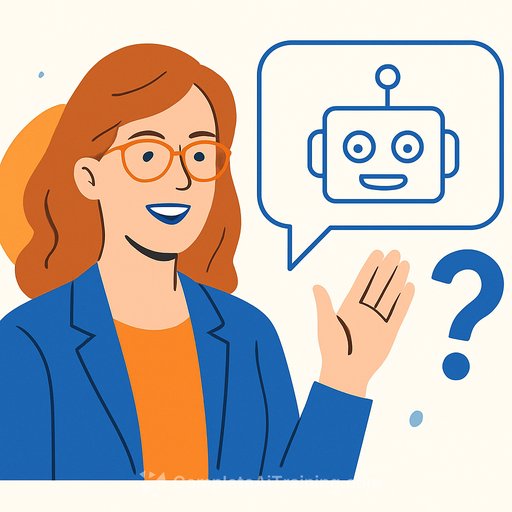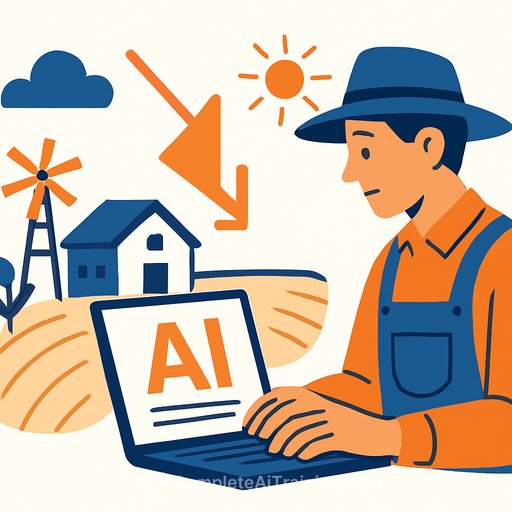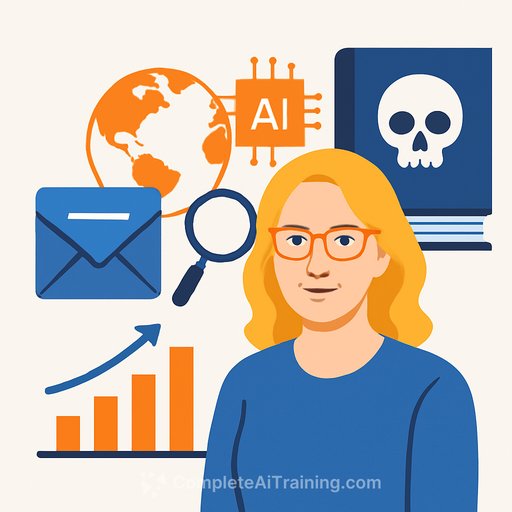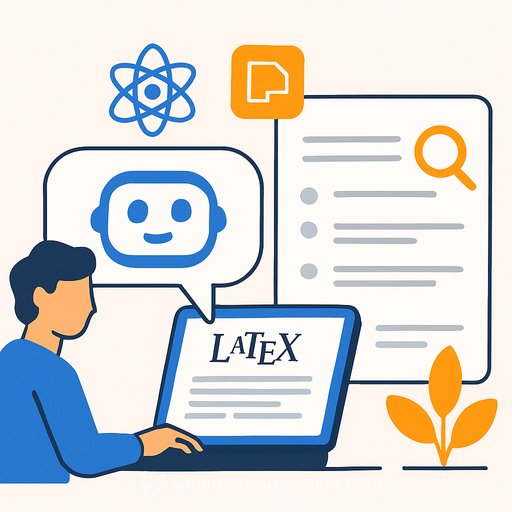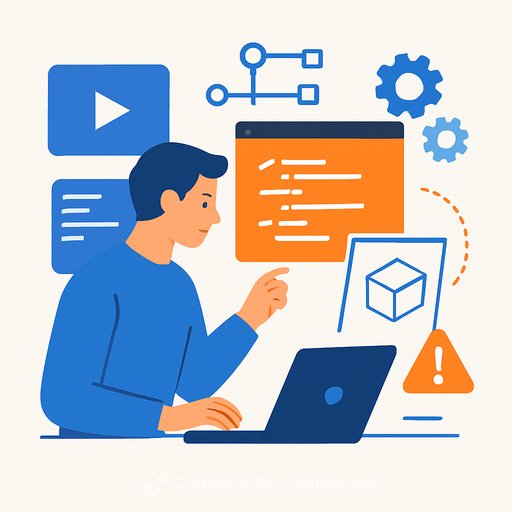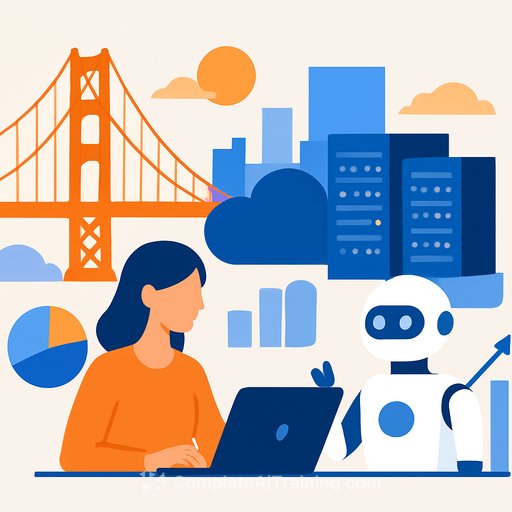How DevOps Stays Relevant in an AI-Driven World
Introduction
Artificial intelligence (AI) is changing software development and delivery. From code writing and reviews to testing, deployment, and monitoring, AI accelerates and streamlines processes. But what does this mean for DevOps? Some think AI will replace DevOps altogether. The reality is different. DevOps is more crucial now than ever. As AI tools integrate into every phase of the software lifecycle, DevOps consulting ensures these tools run smoothly and securely. This article explores how AI and DevOps intersect, the evolving roles in DevOps, and how businesses can prepare for a future where DevOps consultants collaborate closely with AI.
Why DevOps Still Matters
DevOps aims to deliver better software faster by uniting development and operations teams to automate workflows, minimize errors, and push frequent updates. Even with AI handling more tasks, these objectives remain unchanged. Organizations without solid DevOps foundations will face bigger challenges managing AI-driven systems. AI-generated code can be unpredictable — it might hallucinate, fail silently, or behave inconsistently. These risks make a strong DevOps setup vital. Simply put, AI raises the standards for DevOps rather than replacing it.
DevOps in 2025: New Roles, New Tools
The DevOps role is evolving. Engineers are moving beyond scripting and pipeline management. They’re becoming platform enablers, AI coordinators, and system architects. In a fully AI-enhanced environment, DevOps involves:
- AI copilots generating test cases, managing configurations, and spotting issues early.
- Platform engineering that streamlines toolchains and workflows, enabling developers to self-serve.
- AI-powered DevSecOps tools detecting and fixing security threats proactively.
- Consultants guiding teams in adopting new AI tools and redesigning workflows to enhance human–AI collaboration.
Real Concerns from Developers
AI integration excites many but raises valid concerns among developers:
- “I rely too much on AI and can’t code without it anymore.”
- “AI-generated code is tough to debug and understand.”
- “Sometimes AI tools make simple tasks more complicated.”
DevOps consultants help balance AI automation with human oversight, design workflows that keep skills sharp, and implement tools that support smooth software delivery.
The Shift Towards Intelligent DevOps
AI and DevOps are merging into what’s often called “Intelligent DevOps” or “AIOps.” This approach uses AI throughout the DevOps lifecycle—from planning and coding to testing, deployment, and monitoring. Key AI-driven improvements include:
- Predictive analytics that forecast system failures so teams can act before users are affected.
- Machine learning detecting patterns in past deployments and flagging anomalies.
- Natural language processing (NLP) allowing simple commands or chatbots to control complex workflows.
- Large language models (LLMs) generating documentation, suggesting code improvements, and guiding decisions based on best practices.
These tools enable faster feedback, smarter automation, and fewer production issues.
Challenges of Scaling AI in DevOps
Many companies are eager to add AI to development but find scaling difficult. Some attempt to replace developers with AI to cut costs, but this often fails. AI excels at repetitive tasks like code generation and test automation but struggles with innovation, problem-solving, and grasping complex business needs. For example, one major company is expected to try replacing 50% of its developers with AI in 2025—and fail.
This highlights the value of DevOps consultants. They help organizations:
- Recognize AI’s strengths and limitations.
- Integrate AI tools while maintaining control.
- Ensure code quality and system reliability.
Key Benefits of AI-Powered DevOps Services
Combined properly, AI and DevOps bring tangible benefits:
- Faster delivery: AI-driven DevOps can reduce release cycles by up to 67%, according to Forrester.
- Better quality: AI reduces human errors and enforces consistency.
- Cost savings: Deloitte reports mature AI DevOps cut total costs by 31%.
- Improved security: AI-powered DevSecOps tools detect early threats and unusual activity.
These results require expert planning, tool choice, and ongoing monitoring—areas where DevOps consulting plays a vital role.
What DevOps Consultants Bring to the Table
DevOps consultants bridge the gap between AI tools and teams by providing:
- Strategy: Roadmaps for adopting AI in DevOps pipelines without losing transparency or control.
- Training: Upskilling teams to use AI tools effectively and responsibly.
- Governance: Ensuring AI outputs comply with security, quality, and regulatory standards.
- Integration: Connecting AI tools to existing platforms and workflows to avoid silos and inefficiencies.
They are not just technical experts but partners guiding organizations through change.
Conclusion
AI’s growing role in software development increases the need for adaptable, reliable DevOps services. DevOps isn’t disappearing—it’s evolving. Teams must learn new skills and find ways to collaborate effectively with AI tools. DevOps consultants ensure AI supports processes without adding complexity. For those looking to build secure, scalable DevOps pipelines ready for the future, expert guidance is essential.
Explore practical AI and DevOps training options at Complete AI Training to stay ahead in this changing landscape.
Your membership also unlocks:

